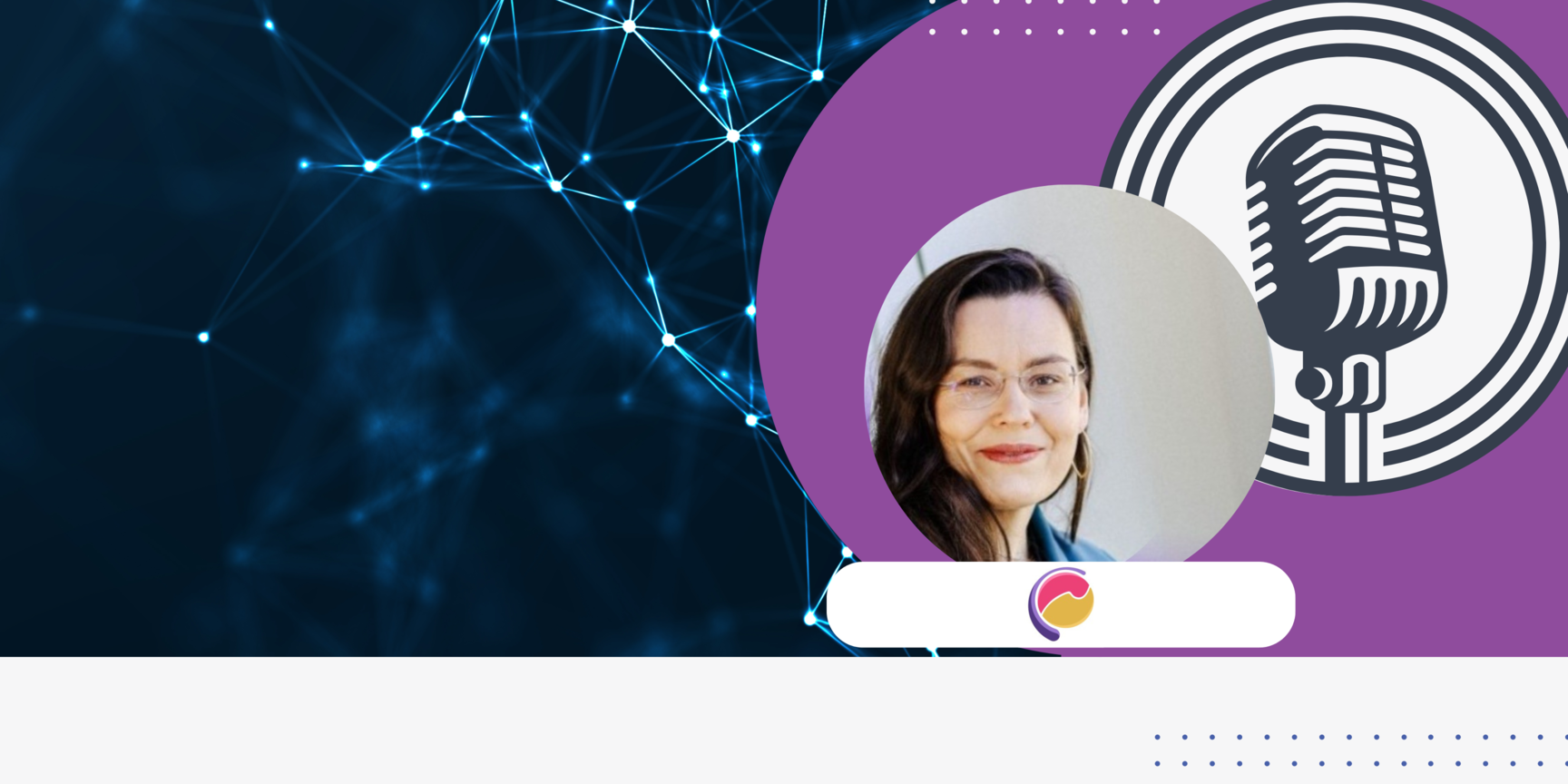
E106 - Alex Richford at Anglia Ruskin University
12 July, 2023On this episode, our Cyber Security Consultant Kieran Waite was joined by Alexander Richford, a student at the Anglia Ruskin University. Alexander is a young aspiring Cyber Security Professional going into his 2ndyear of university. They discuss what it’s like being a young person entering the cybersecurity space and the challenges that come with that. Alexander shares his thoughts on what employers should be doing differently to help young people get a job and bridge the skills shortage that the cyber industry is facing.
Alex’s initial introduction to technology was through gaming. He met a lot of people through gaming platforms, and it got him into the hardware and configuration aspect of tech. He spent a lot of time messing around with computers from a young age but didn’t discover his passion for networking and security until he got to college. He chose a business management course in his first year and during that time his brother was doing a cybersecurity degree. His admiration for his brother combined with his interest in technology prior to that led him to enrol in a computer science course. During his course, he was trying to figure out what he liked most out of all the fields and there was a day when a cybersecurity company came in and the concept of offence and defence and the idea of defending and protecting company software is what really ignited his interest and essentially pushed him to take cybersecurity as a degree.
“I needed the 4-year degree. I wanted the placement. It’s so essential to get a job because if you don’t get a placement, you get stuck in that loop where you can’t get hired because you have no experience.”
From his perspective, you have certifications to supplement that however, that real-world experience will be the thing that hiring managers look for and will get you a job straight off the bat. When it came to education vs. certs, it was never an argument for Alex. He is doing certifications alongside his degree and has currently taken his A+ exam and has just started his CCNA.
If you’re just getting into cybersecurity, it’s important you realise it’s not its own entity. If you do programming or networking and think no, I don’t like that, I’ll go into cybersecurity, it won’t work out like that. Cybersecurity is built up from these other things and it interlocks those fields together. If you’re thinking of taking on a cybersecurity degree, consider those things as well as practise your programming skills. When he first started uni, a lot of his classmates struggled with the programming side and it was very intense during his first year but his computer science background, it made it a lot easier for him.
When it comes to the future of cybersecurity, it’s hard to tell what will happen with the way things are growing each day. All we know is that it’s going to expand exponentially and be on a continuous path upward. Threats in technology are now so prevalent that there are chances huge events will occur meaning it will force the cybersecurity space to adapt. Our economy relies so heavily on the IT infrastructure that even the smallest thing can cause huge implications.
Alex shares what employers should be doing differently to bridge the skills gap and equally help young professionals get into the industry. Tune in now to hear what he has to say.




